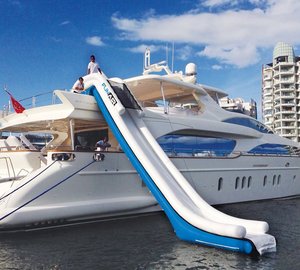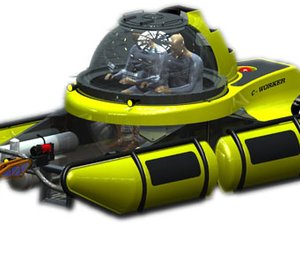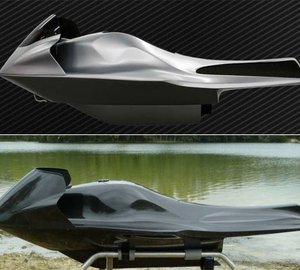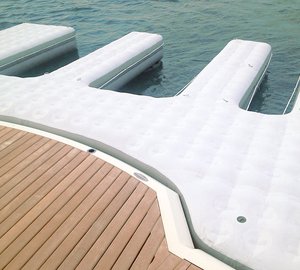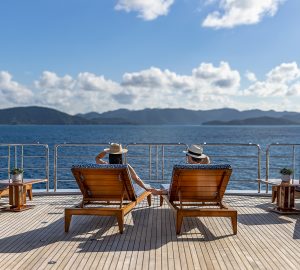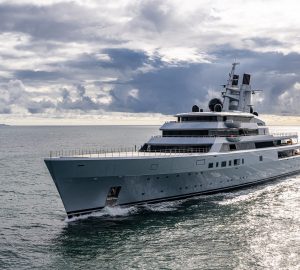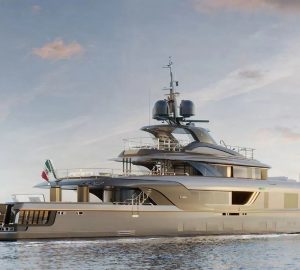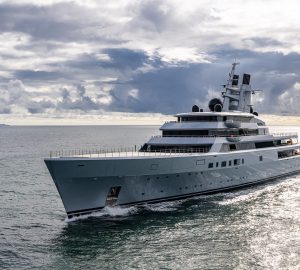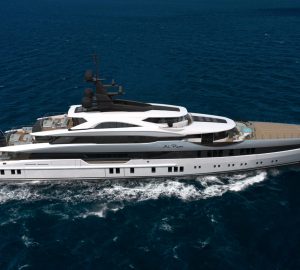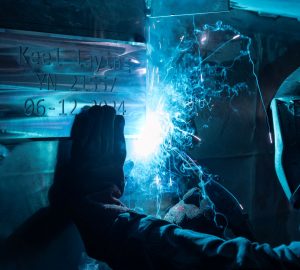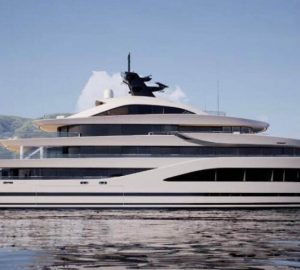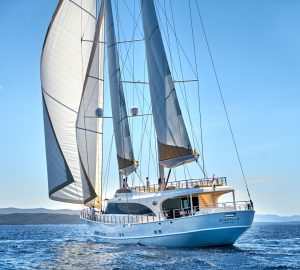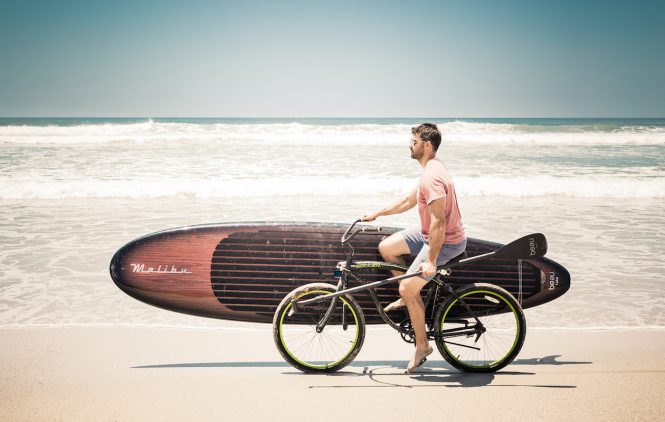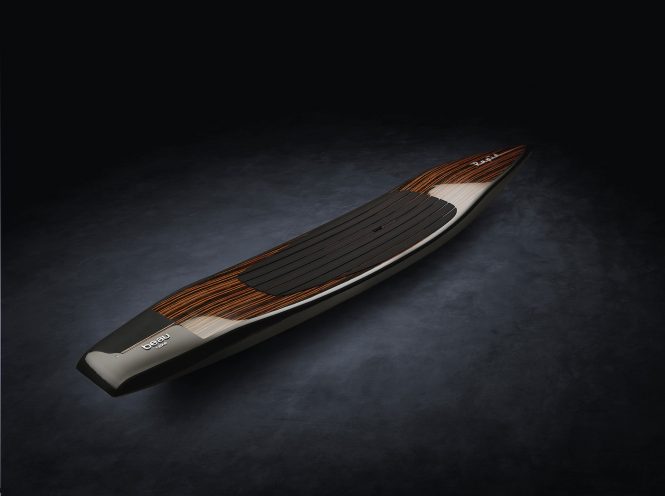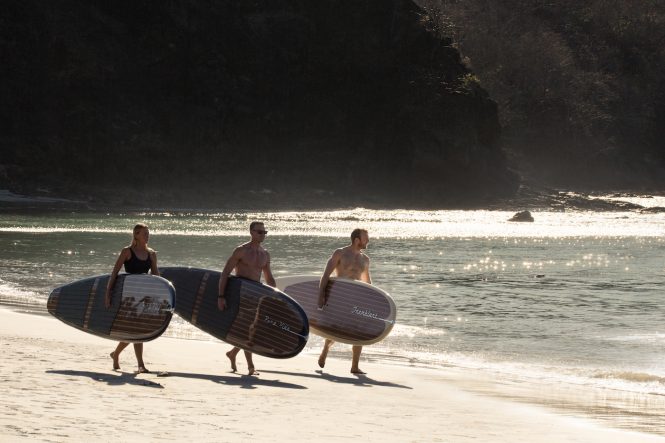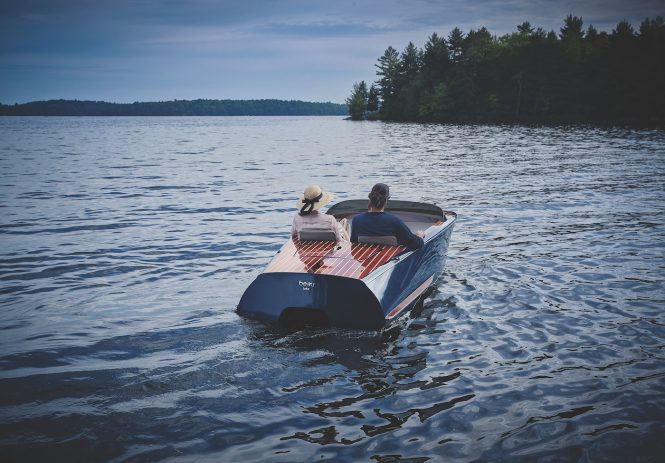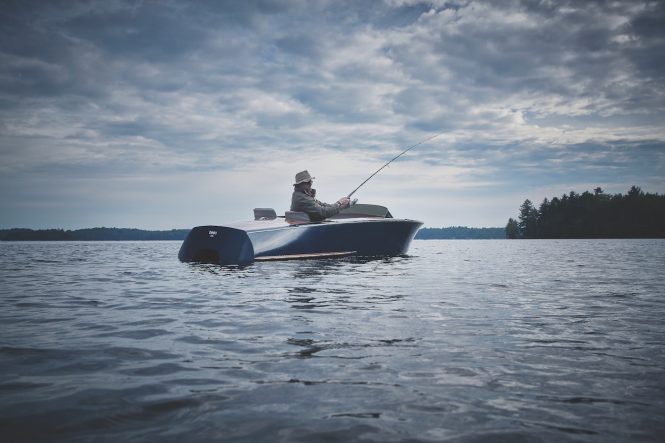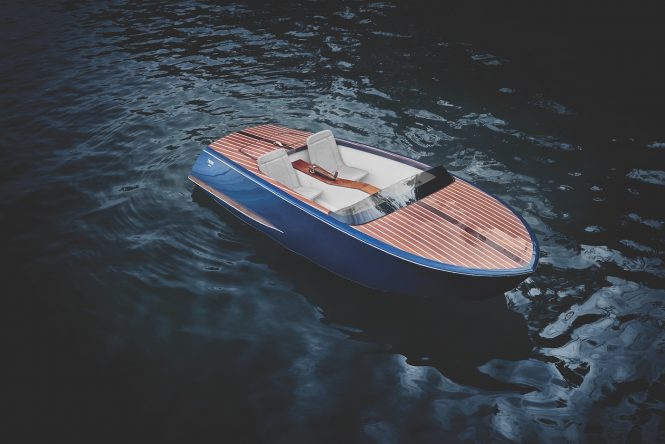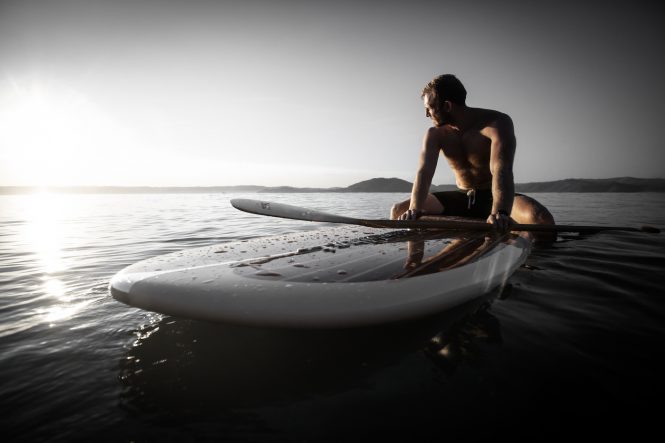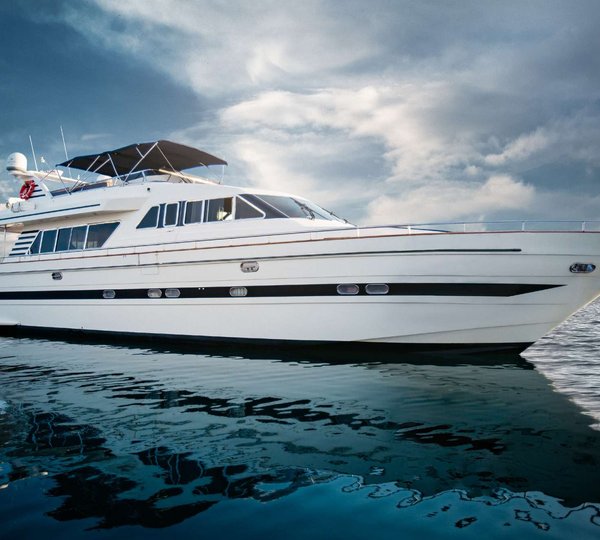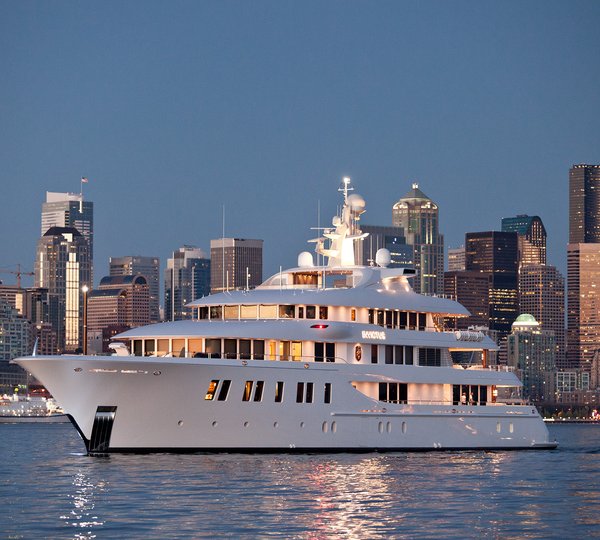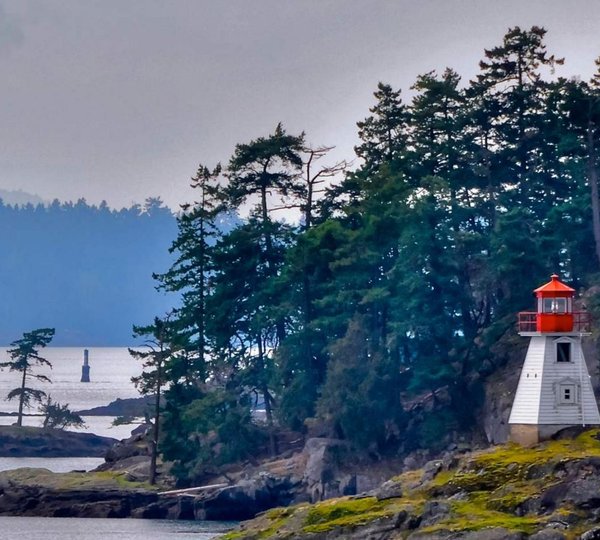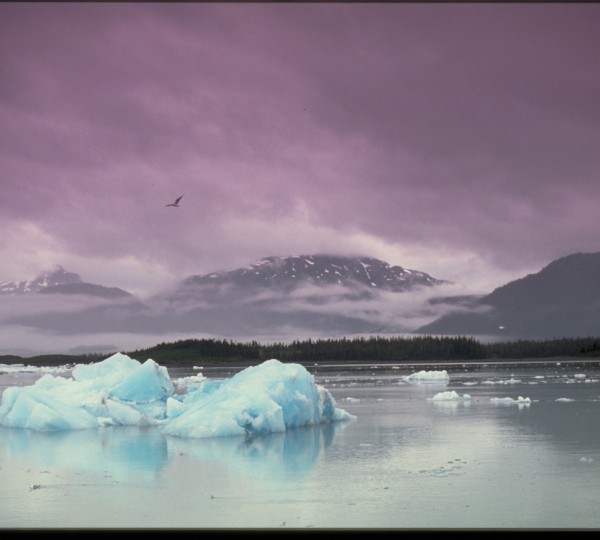Lee Kline and Paul Lavoie’s new company, Beau Lake, is on a mission to redefine waterside sports and recreation. Their paddleboards and pedal boats blend vintage mid-century design with modern performance, creating a unique and memorable water experience and a must-have addition to your superyacht toys collection. Handmade to the highest standard of quality, the Beau Lake range combines timeless good looks, performance, and durability.
The result is a wide range of models like nothing you’ve seen before. The hand-shaped Muskoka Board boasts a highly polished and UV-protected polyurethane finish over walnut and maple wood.
Featuring a clear grip surface and a modern design, the Tremblant Board makes the most of the tactile qualities and textures of its natural materials.
For the 14-foot Rapid Board, Beau Lake collaborated with well-known boarder and designer Julien Fillion. The paddleboard is perfect as a weekend racer and features a carbon fibre and Macassar ebony wood build, as well as a hatchet nose and flat bottom for extra speed.
The Malibu, their latest model—available as an 11’6″ paddleboard, a hybrid 11’ paddle surf, and an 8’ surfboard—includes a spectacular rosewood finish with a signature Sunburst edge paint finish, named for the iconic Gibson guitars that made it famous. Its depth and colour will make you want to dive right in. The boards range in price from $2,000 to $4,000.
With their just-released pedalo—or, as Beau Lake’s co-founders like to call it, “a human-powered runabout”—the duo has, as Robb Report suggests, “staged a spectacular aesthetic revolt.”
The Beau Lake Pedal Boat ($20,000) has a mahogany deck and an aft cooler for fresh-caught fish or a bottle of Champagne.
The backwards-looking veneer conceals a host of forward-looking technology, brought about by the kind of impressive industry collaborations for which Beau Lake has become renowned.
Enter Steve Killing, whose progressive experience ranges from 1960s yacht design to the ultra-modern hull and keel designs of America’s Cup vessels. Working closely with Beau Lake’s fibreglass builder, the growing team developed a tunnel hull (which uses two planing hulls with a solid centre that traps air) as well as the drive mechanism, which presented the challenge of transferring pedal energy into a propeller movement that would be silent, highly efficient, and eco-friendly. An electric version will also be available in the spring of 2019.
“In furniture, there’s an elegance in how you treat function, and it’s the same thing with something nautical,” says Kline, a sailor, design veteran, and fine woodworker.
See the complete collection at beaulake.com
Part of Beau Lake’s profits go to support the water foundations surfrider.org and onedrop.org

